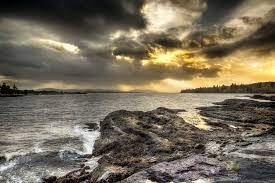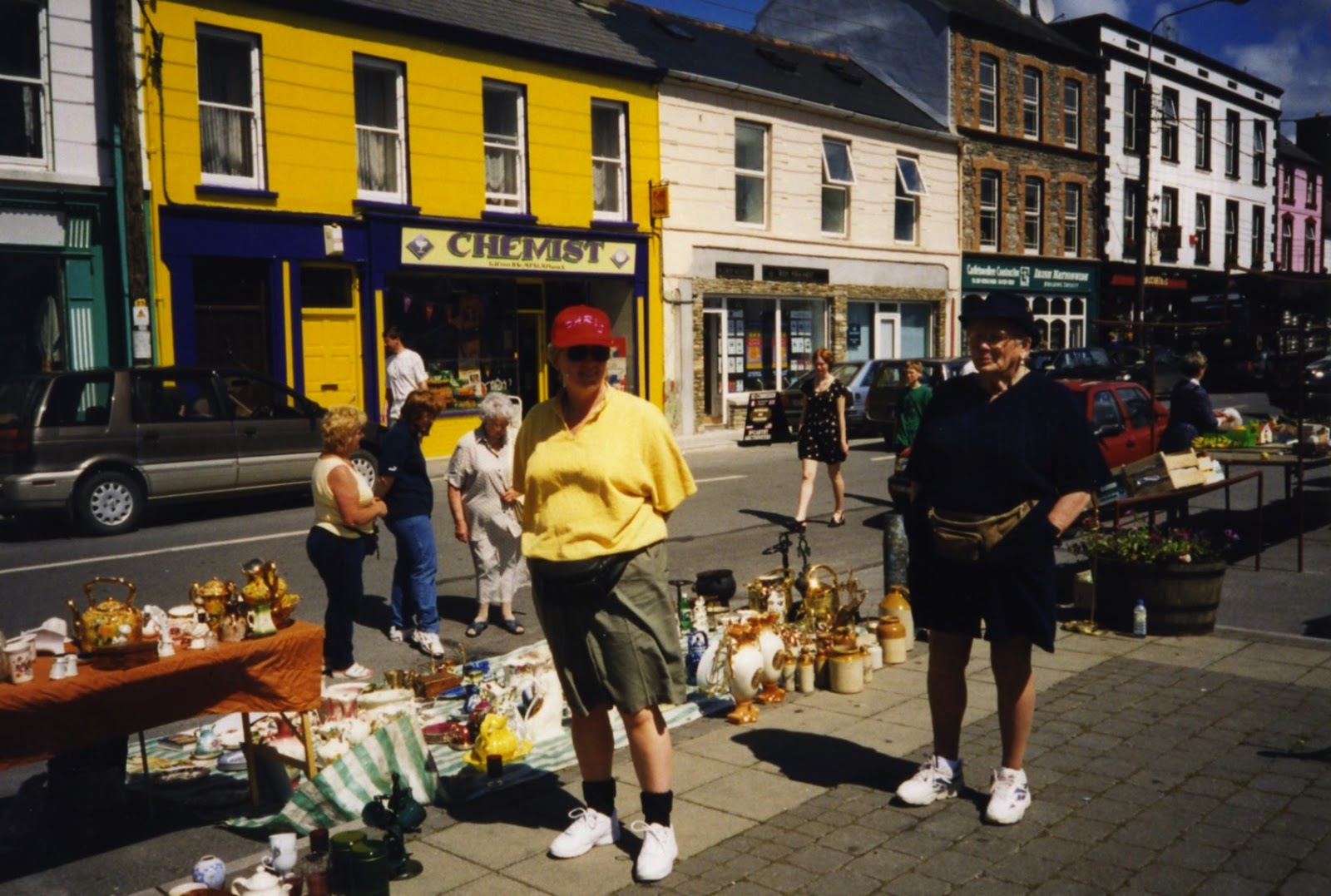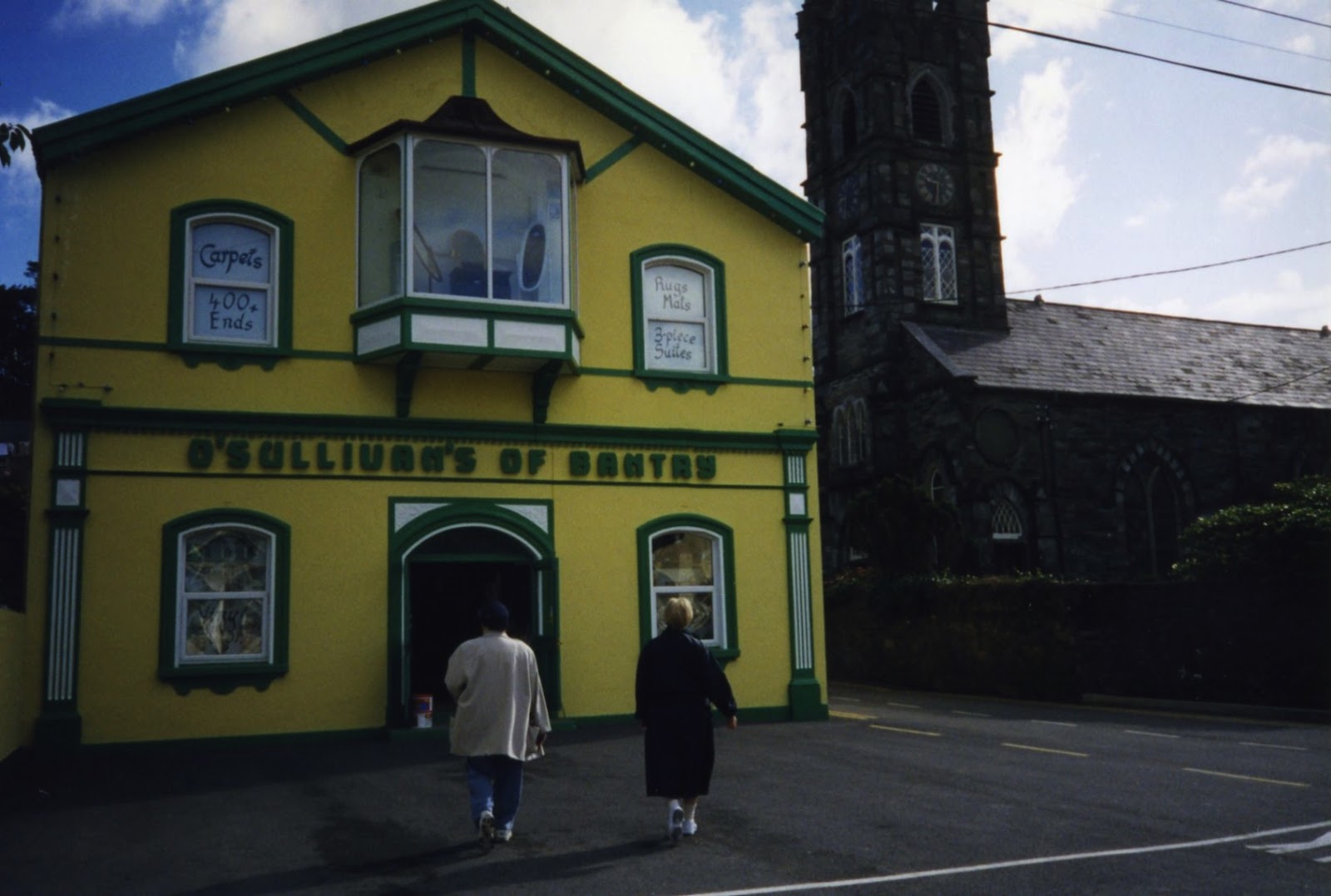After my little cat
gets her diagnosis of acute kidney failure, with no real answer about why the
disease progressed so rapidly, I question my ability to see what’s in front of
me. Had there been clues that I missed? Was I not paying enough attention?
Her
real name was Raven but when she was a kitten, she made a sound like a monkey
and she climbed trees like one too, so she was Monkey and sometimes Miss Monk,
depending on her attitude. She had begun to follow me around a bit more than
usual. Always at my side, curled in her little nest, as I sat by the computer.
At my feet. Back and forth from the front door to the back door to look
outside. Her behaviour was perhaps a bit different, but not enough for me to wonder
about her health. In winter, she always pouted, because she loved the sun. Perhaps
I ignored those first signs because I put it down to winter blahs? In winter
she also slept at our feet or on my pillow and that didn’t change. Again, I ask
myself, was I not paying enough attention?
I know everyone is
like this. Questioning. Doubting themselves and their abilities to catch the
signals. I’ve heard the questions from my family and friends after a loss much
worse than losing a pet. Should we have paid more attention to that cough? Why
didn’t I notice the bags under those eyes? How could I not know that suicide
was ever considered an option? Why didn’t we ask Dr. Google about that back pain?
We find it difficult
to believe that we are unable to stop the inevitable. To change the course of
someone’s history. To control what will happen. To deny or conquer death. To
make time stand still.
I watch in admiration
and, at moments something bordering on exasperation, while my cat fights to
assert her wishes despite a failing body. As she flops over, weak and in pain,
then gets up again. Lifts her proud head. Walks slowly and unsteadily forward.
Falls and gets up and does it all over again. I want her to stay in my arms,
but even now, she’s not a cuddly cat. Everything happens on her terms. It seems
she is determined to do so right to the end. She howls at us in pain. She
sneaks down the stairs in the middle of the night and I stumble around in the
dark looking for her. Thanks to my grandson, who finds her on the cold floor, I
go down and pull her to me. This time she is too weak to protest. I cuddle her
in our bed, skin to fur, warming her. She purrs. Comforts herself and comforts
me. We sleep.
I think of my cousin
throughout this ordeal. How she did all these things with her son. Her baby. I
wonder how she found the strength. As I force water into Monkey or nearly choke
her with a pain medication, I wonder if I could be as strong with my child. I pray
I will never have to test that. My friend recently nursed her husband through
his last, messy, awful dying. To me, it was the greatest expression of love and
courage. Again, I am not sure I am brave or selfless or loving enough to manage
it. Maybe. Maybe Monkey has taught me I can if I ever have to. (Please,
universe, I want not to have to.)
However, going through
a death is also a gift. One that hurts but one that makes us appreciate life. Makes us pay attention. I
know we are lucky, and so is our little cat, that hers was so quick, progressed
so fast from fine to dying. We talked to Monkey constantly. Vince and I reminded
her of all the fun we had in our sixteen years together. We asked her to say
hello to all our other fur babies who have gone over the rainbow bridge.
When we take her to
the end of life appointment, we are suffused with grief and tears, but grateful
we can be at her side. What of all those poor people who have had to die this
year, alone and unaccompanied? We know this is a privilege and we are
appreciative of these last moments. With the first shot, the tranquilizer, Monkey
curls up beside my hand. Her face looks different. Ah, this is what I felt
like before the pain and illness. Her serene look, I believe in my soul,
reflects peace and acceptance. We lean over her, tell her we love her. With the
last injection, she is completely still, but that look remains. We spend time
after she is gone, enjoying the last feel of her soft warmth.
Many people seem to
choose a moment of aloneness to complete their dying. Often it’s a matter of
bad timing. For instance, I didn’t make it in time to be at my mother’s side. I
always regretted taking the time to brush my teeth before I went to her. In the
Islamic faith, family members wash the body, place the hands in prayer, and
cover their loved one with a sheet before burial. Jewish rites include washing
the body, tearing garments or wearing black ribbons, staying with the body
until burial. We did the same thing in our old Irish traditions, wrapping the
body in a shroud, staying and warding away evil spirits until the beloved could
be buried. In the Irish case, we also partied hard while we guarded. I never
considered the idea of washing the body to be a ritual I could embrace. Now,
however, I can see its benefits. Still not sure I could do it.
I recall one of the times when I study my great-grandson's head. He's in profile and doesn't notice my
scrutiny. Clutches his bottle for comfort, sipping now and then. He
watches a lively kids' show, though he's too tired to react. It's a kind
of lull; he's relaxing as he lets the cartoon characters do the work.
His wispy blond hair, his perfectly shaped ears. The long eyelashes.
Little nose and full lips. If he turned this way, his eyes would be big
and clever.
I wonder what kind of world we have brought him into. I know he's far
better off than many toddlers. He's got a huge circle of people who love
him. He's got a roof over his head and food on the table. In the corner
there's a testament to his luck: he's got a tower of toys. I know he's
smart and empathetic and kind and energetic. He's got his challenges
having parents who don't live together. But they are smart, too, and
share custody and talk constantly about what's best for him. Not them.
Him.
Having attended an event where Jane Goodall spoke to a rapt audience for
two hours, I am hyper-aware. I am paying attention, the way I did to my great grandson.
I think of attending Jane Goodall's appearance at the Sanderson Centre in our hometown, Brantford. In particular, her response to the question, "What's the next big adventure you are looking forward to?"
She answers, "Death."
The audience gasps, chuckles a little, surprised. Embarrassed?
"I have witnessed too much to not believe in an afterlife." I
paraphrase, but her message is clear. Jane believes there is a great
adventure awaiting all of us after we die. We go on to something else,
something completely different, a spectacular new life.
I agree with her. But I want to focus on this life. This present.
As I write this, Vince
listens to the Eagles on TV, so I hear:
There's a hole in the world tonight
There's a cloud of fear and sorrow
There's a hole in the world tonight
Don't let there be a hole in the world tomorrow.
As 2020 mercifully
comes to a close, I wish for all of us to wash away its fear and death. Lift
our heads, burdened with sorrow but facing hope. My belief is that 2021 will
get better as it goes. Start off very low, but the highs will be enormous. Can
we take the lessons of the pandemic and improve life for others? Can we clean
up the mess we have made of the earth? Yes. Judging by the miracles of science
in this past year, yes, we can do this. A tiny virus made us sit up and pay attention. Focus.
I plan to finish reading “Ten Lessons for a
Pandemic World” and reread “A Life on Our Planet” and “Homo Deus.” Read “Peace
and Good Order.” Figure out how I can contribute, even in a tiny way. For now,
that might simply be staying home, washing my hands, wearing my mask, staying
away from people I love to hug.
There are holes in
this world tonight. The lesson that fear, dying and death has taught me is to pay attention to the holes. Let’s fill them with respect, support, action. Let’s keep loving
despite the grief of loss. Appreciate what we had, what we still have. Bug the
shit out of our governments to make huge changes in the way they “lead.” To quote
Yuval Noah Harari, “Is there anything more dangerous than dissatisfied and
irresponsible gods who don’t know what they want?” (He refers to all of us, but here I target those with the 'power.')
Let’s get rid of them. Shift the power. Force
a different kind of economy in which everyone has equal opportunity. In which
those who suffer from any sort of roadblock, mental or physical, systemic or
individual brackets, are given dignity and assistance. In which people are not allowed
to accumulate wealth beyond their ability to spend it in a thousand years. Greed, that slot machine of reward and false promise, must be wrestled out of our civilization.
Let
us choose a humanist revolution. One in which we foster collectiveness. Encourage
science to shepherd the planet back to health. Again, from Yuval, let's embrace the idea that
we redefine human happiness as knowing the truth about ourselves. Not what we want, but what we need, what we all need. What, for our health and joy, we should want to want. We evolved in
tiny communities where we shared everything. We can return to that concept. To survive, and survive well, we
need to choose the right paths.
As the Anishinaabe
legend of
the Seven Fires tells us, if we choose the right road, we can “light the eighth
and final fire of peace, love, brotherhood and sisterhood.”
First we have to pay attention. Be conscious and take notice. Guide our world by learning and knowing what to pay
attention to. The environment. Racism. Inequality.
Think. Learn. Act.
Come on 2021, light that fire.
















